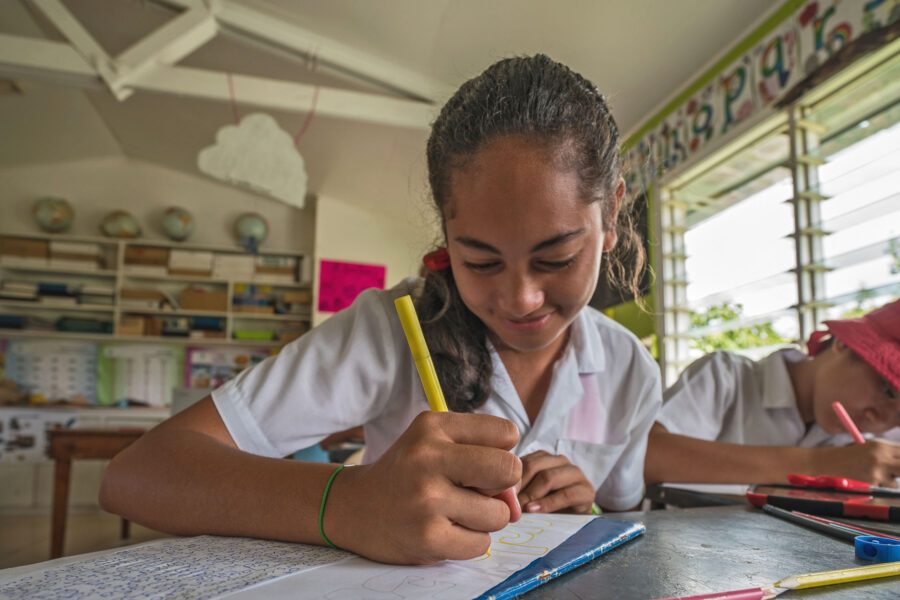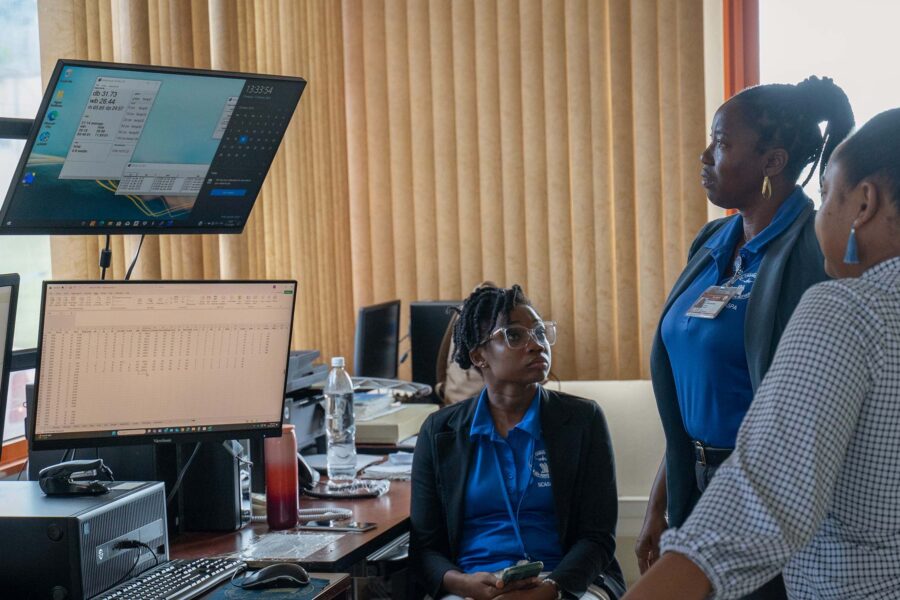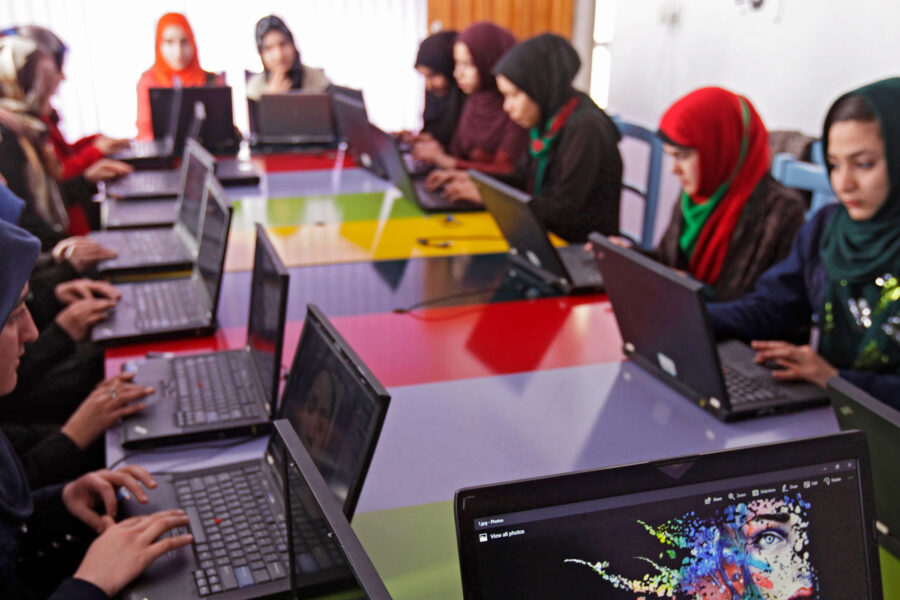ActNowFilm: A clarion call for the integration of young people in crucial climate negotiations
A new film, premiering at COP28, brings together youth climate leaders from around the world in conversation with eminent international climate experts, calling for the integration of young people into national climate teams and global climate decision-making processes
Climate — Global

ActNowFilm features candid conversations between 30 pairs of remarkable youth climate leaders and renowned climate experts from 33 countries across six continents. Participants include leaders from Indigenous communities, business, policy, activism, academia, the third sector, and international organizations. They talk about their personal experiences with climate change, their views on the COP process, the role of youth in climate negotiations and decision-making processes, and ways to empower young people to play a more active role in the future.
Young people are disproportionately affected by the climate crisis, yet the avenues through which they can influence local, national, and global decision-making on this issue are often limited. A new film, which will screen at COP28, taking place from 30 November to 12 December in the United Arab Emirates (UAE), acts as a clarion call for the more substantial involvement of young people in future negotiations and decision-making processes, both at the global and at the national level.
ActNowFilm is produced by the University of Bath Institute for Policy Research (IPR) and the University of Cambridge’s climate initiative Cambridge Zero, with support from the UK Universities Climate Network (UUCN) and in partnership with One Young World.
The film features conversations between youth climate leaders and prominent climate experts, including Mary Robinson (former President of Ireland), Christiana Figueres (former Executive Secretary of the UNFCCC), and the late Professor Saleemul Huq (Director of the International Centre for Climate Change and Development in Bangladesh).
Among the youth climate leaders who appear in ActNowFilm are Inés Yábar, who successfully campaigned for Peru to ban single-use plastic bags, and Raina Ivanova, a climate justice activist from Germany who was part of the ‘Children vs. Climate Crisis’ petition, alongside Greta Thunberg.
Sharing experiences
Through their conversations, participants explore their personal and professional experiences of the climate crisis, with many already seeing the devastating effects of climate-related disasters, such as floods, droughts or landslides, in their countries and communities. Reflecting on their perspectives on the COP processes, youth leaders express their frustration over the slow pace of global action to reduce emissions and protect communities.
Discussions also consider how young people could play a more substantial role in the future, including the education, skills, and training they need to empower them to be at the frontline of global climate policymaking and negotiations.
Dawda Cham, a youth climate leader from The Gambia who features in ActNowFilm, says: “I always try to emphasize capacity building. We need to be given the chance to be able to learn about climate change issues so that we are also able to help our communities to be resilient to climate change.”
Dawda is one of three young people featured in the film that are part of the International Youth Climate Delegate Program – an initiative by the COP28 UAE Presidency, embedding 100 youths from under-represented groups in this year’s negotiations that could act as a model and help galvanize support for greater inclusion of young people in future COP processes.
Gaining skills and knowledge
Amy Thompson, who led the ActNowFilm project from the University of Bath’s IPR, says:
“The film demonstrates that young people from right around the world are capable, ready, and committed to be part of the urgent national and global climate debates and negotiations. To enable them to engage more effectively, robust training and development opportunities should be made available, covering a broad portfolio of skills, including negotiation, advocacy, science literacy, as well as a greater understanding of the COP processes.”
“Universities can play a key role in this regard. Bath, among many other places, offers a wide range of world-leading courses that look to equip students with the skills needed for a net zero future, but global education opportunities need to be expanded so that young people can gain the skills and knowledge they need to navigate the future they face.”
The ActNowFilm has been selected to screen at COP28 on 8 December (Green Zone, Terra Auditorium, 15:00-16:30) and 9 December (Blue Zone, GAUC Pavilion, 15:00-16:30).
To view the trailer, click here






